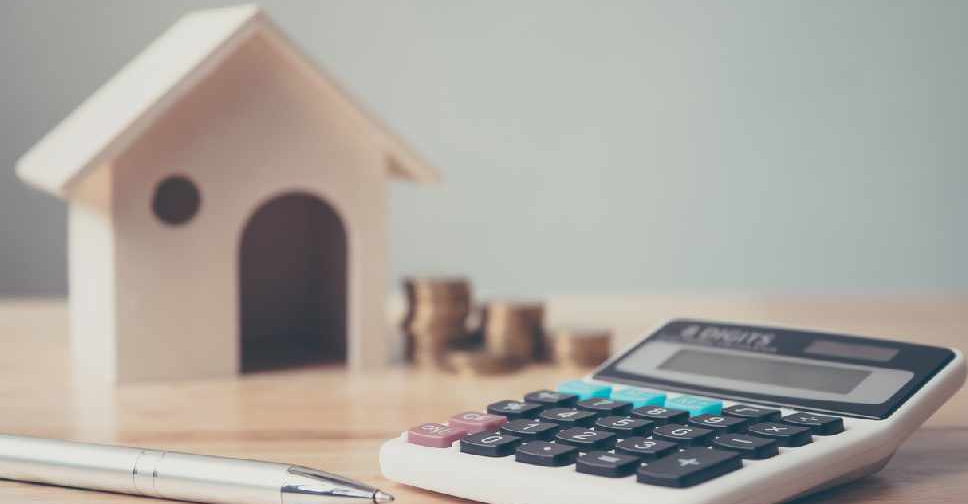
It’s apparently getting more affordable to live in Dubai and Abu Dhabi, mainly due to lower housing cost.
That’s according to the annual Cost of Living Survey from global consultancy Mercer.
Dubai dropped two places to 23rd in the rankings compared to last year, but retained its position as the most expensive city in the Middle East.
Meanwhile, Abu Dhabi moved from 33rd to 39th on the list.
Vladimir Vrzhovski, Mercer’s Global Mobility Practice Lead for Middle East and Africa, explains what impact this is having on the ground.
He added that a series of measures introduced by the government is also helping keep a check on the cost of living in the UAE.
Vrzhovski says that attracting highly skilled talent is going to play a crucial role in supporting economic recovery.
Hong Kong retained its spot as the most expensive city globally, followed by Ashgabat, Tokyo and Zurich.
The index of more than 200 cities measures the cost of hundreds of items in categories such as food, housing, transportation, clothing and entertainment.

 Nasdaq set to confirm bear market as Trump tariffs trigger recession fears
Nasdaq set to confirm bear market as Trump tariffs trigger recession fears
 Dana Gas and Crescent Petroleum exceed 500M boe in Khor Mor field
Dana Gas and Crescent Petroleum exceed 500M boe in Khor Mor field
 China to impose tariffs of 34% on all US goods
China to impose tariffs of 34% on all US goods
 Shares bruised, dollar crumbles as Trump tariffs stir recession fears
Shares bruised, dollar crumbles as Trump tariffs stir recession fears
 Wall Street futures sink as tariffs fuel recession fears
Wall Street futures sink as tariffs fuel recession fears




